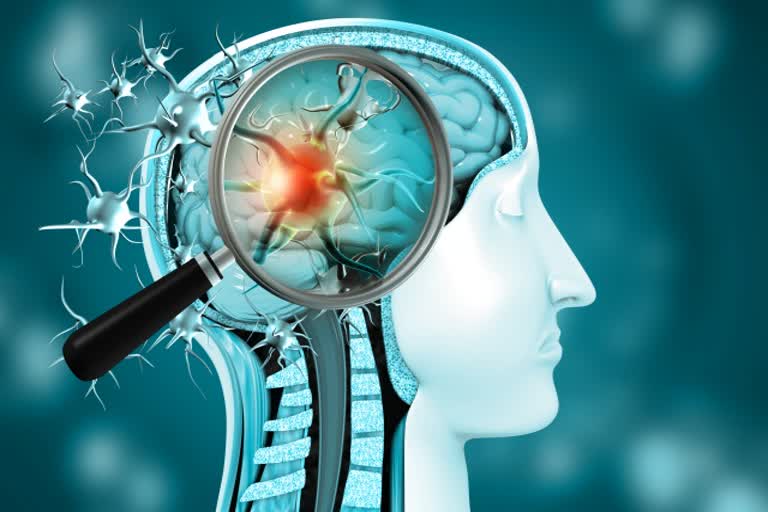Paralysis
Approximately 1-2% of the people who have suffered from severe COVID suffer from paralysis. Blood clots or haemorrhages in the blood vessels of the brain can also occur. Generally, alcoholism, inadequate physical activities and other such risk factors could lead to obesity, diabetes, high blood pressure, high cholesterol, heart disease, etc. But now, despite these risk factors, people are suffering from chronic diseases at an early age due to COVID-19. This mainly happens as a result of an aggressive immune response to the virus and narrowing of the blood vessels due to the inflammatory process. Paralysis is caused when such activity happens in the brain. During the COVID-19 treatment, some people are given blood thinners, which lead to bleeding in the brain, lowering of the platelets, etc. causing paralysis. Symptoms include confusion, slurred speech, blurred vision, numbness on one side of the body, weakness, facial drooping and disordered gait.
Diagnosis/Treatment: if any symptoms of paralysis appear, seek immediate medical help. Brain and MRI scans help diagnose which part of the brain is damaged. Besides this, glucose and cholesterol tests may be done, along with ECG and 2D echo tests to determine the heart functions. In case of paralysis due to blood clotting, TPA injection is given intravenously within the first 4-5 hours. Surgery can also be done to remove the clots. In the case of haemorrhagic stroke, it is important to control blood pressure. Similarly depending upon the situation, the treatment is given. Prompt treatment of paralysis gives good results.
Exercise & therapy is important: people with paralysis may experience muscle weakness, may be unable to speak properly, have forgetfulness and prolonged distress. Therefore, it is very important to exercise and have physiotherapy sessions regularly. Exercises that strengthen the muscles, stretch them and make the whole-body move must be practised for 30-40 minutes every day. Speech therapy may also be required for people who have a slurred speech.
Myositis
Inflammation of the muscles is known as myositis. It is usually caused due to an injury, infection or an autoimmune disease. This condition is pretty evident in COVID-19 and certain medications are given for the COVID-19 can cause myositis, where a person may experience weakness, inflammation and pain in the muscles.
Diagnosis/Treatment: Muscle enzymes and antibodies in the blood may be tested. MRI examination of the muscles may reveal the changes if any. EMG testing, in which electrodes are inserted into the muscle is also useful. Steroids such as prednisone may be given to reduce myositis.
Fits
Some people may not experience breathing difficulties but may have fits. However, with medications, low sodium levels and paralysis, the cause needs to be identified. The treatment is then determined according to the cause. If sodium levels are low, they can be replaced, if blood pressure or glucose levels are high, they can be controlled, etc. Besides this, medication too may be required. Fits can be diagnosed with the help of ECG, CT scan and MRI. in some cases, fluids from the spine may be collected and tested.
Severe Illness
